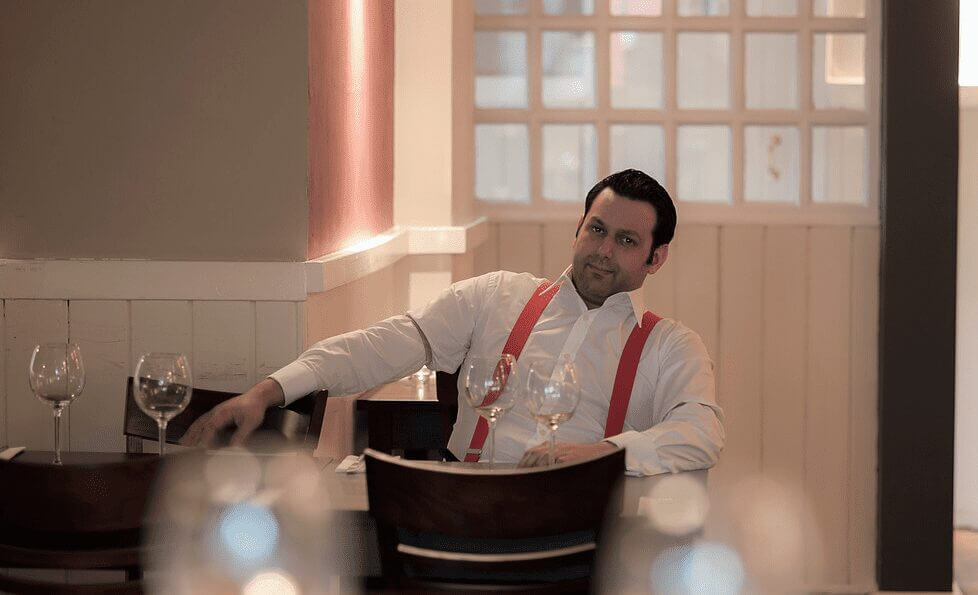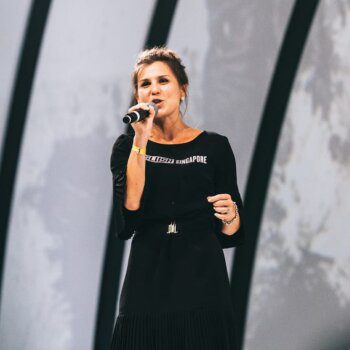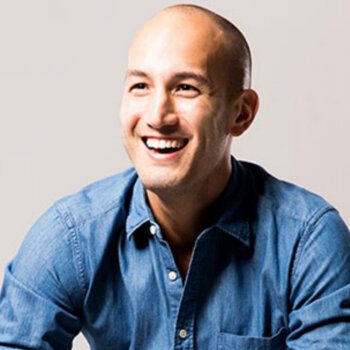Born in Bow, London, Bradley Green is the second of two brothers; elder brother Lloyd Green. Their father was British guitarist Mick Green who played in hit 60s band Johnny Kidd and the Pirates and later Paul McCartney and Van Morrison. Green grew up in Hainault, Essex where he was both expelled from school at the age of 14 for throwing a chair at a teacher. He attended Caterham High School, Clayhall, but on the day of his GCSE’s went to Camden Market to sell baseball caps. He left school with no qualifications.
He did however begin his entrepreneurial activities at school by purchasing packets of crisps from Safeway and selling them at the 11am school break, the only period where the school tuck shop was closed. Aged 16, Green took a job as door-to-door double-glazing salesman working on commission only. He believes that “having 300 doors slammed in his face each day help build him a thick skin”. Wanting more money, he discovered his passion for retailing and sales when at 19 he worked as a sales assistant for a tailoring company in Aldgate, London. Seeing an opportunity at the age of 20, he negotiated a deal between a tailor and a cloth merchant and left his job to sell his own brand of suits. Aged 25, he sold his clothing company for an undisclosed sum and set up as a freelance PR consultant being taken on by Mayfair Venue ‘Il Bottaccio’.
It was in this role in 2010 that he met celebrity chef Marco Pierre White. Green aided Marco in publicising the new Wheelers of St James. While working with Marco, Green’s father Michael died in hospital. Marco invited Brad’s family to his St James restaurant for dinner as his guest. It was meeting Marco that gave Green his first insight into gastronomy. Aged 32, in August 2013, Green used capital to buy 304-year-old English Pub ‘The Woolpack’ in Southgate, North London. The pub had previously failed and was almost derelict on Green’s purchase of it, previous trading figures not exceeding £80,000 per year. Green spent two months refurbishing it and training staff and chefs and opened Green’s Steakhouse & Grill in October 2013. Aged 34, Green starts his restaurant franchise programme at a cost of £121,000. Aged 35, in July 2016 Green successfully sold his first franchise to a private individual for an undisclosed sum.
In your own words what do you do?
The business is a top London Steakhouse. We do gourmet burgers, cocktails, ribs, wings and all you would expect. But more than that, we are now one of the fastest growing fine dining restaurant chains in the UK, and we have just signed a master licence deal with China!.
Did you encounter any particular difficulties in the beginning?
Basically everything. When starting a new business you are surrounded by tough decisions, a huge amount of work and of course uncertainty. All you can do is step by step fight every battle and win all of them.
What is your long term plan?
I’d like the brand to occupy a presence throughout the rest of the world. I think I’d be happy if we got to the 1,000 restaurants mark, but knowing me, probably not.
Could you share with us some industry insights?
Trends change really fast and in order to be not left behind with the rest, you need to stay ten steps ahead. Forget about one step ahead, someone will be there with you already. Keep current, do what you do best and make sure you have fun and make money. If either one of these elements is missing, stop.
What are some important lessons you’ve learnt about entrepreneurship?
Winston Churchill once said, “If you are going through hell, keep going!”. I love that. Business is just just, its snakes and ladders and in order to be good at business you really don’t need to be great at maths or have a university education. You just need to be able to stop opportunity and be great with people.
Any tips for achieving success?
Get up early. Very early!
Connect






























